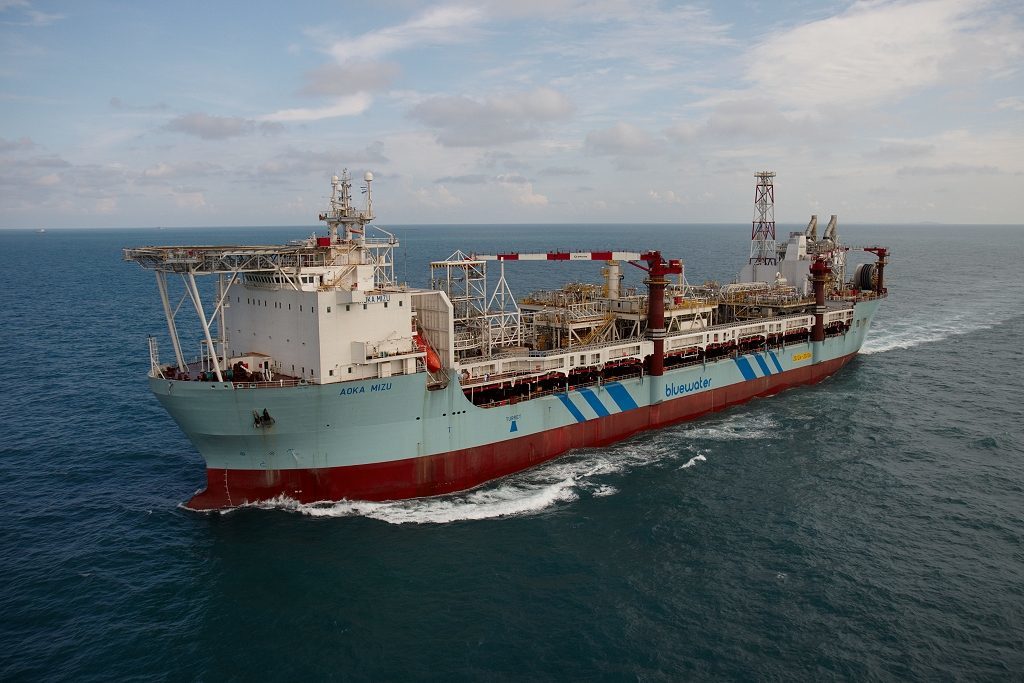
Hurricane Energy has suffered the disappointment of having to shut-in one of the two production wells at its Lancaster field, west of Shetland.
Its shares had dropped 42.58% to 7p by 9am.
The London-listed firm said “interference” between the wells meant sustaining its target production rate of up to 20,000 barrels of oil per day (bpd) had not been possible. Hurricane has “suspended” its previous full-year guidance of 17,000 bpd.
Output has averaged 15,500 bpd so far this year, and the one remaining well is currently producing about 10,300 bpd.
There are those within oil industry circles who doubt whether production from fractured basement reservoirs, such as Lancaster, can be delivered consistently due to their unpredictable and complex nature.
Hurricane was set up specifically to deliver oil from fractured basement plays and achieved first oil from the £365 million early production system on Lancaster in June 2019.
At the time, chief executive Robert Trice said up to 12 months of “stable production” would be required to get a “clear view” of the reservoir.
He said today: “The results of the recent testing of the Lancaster EPS wells at elevated combined production rates are disappointing and the degree of interference encountered is unexpected.
“Whilst the wells show high productivity individually, their proximity and associated interference behaviour requires further data acquisition before the company can be confident about optimum long-term well rates. This latest development reinforces that.
“This data acquisition process continues, and further updates will be provided once we have determined our target plateau production rate with the existing well configuration.”
Al Stanton, analyst at RBC Europe, said: “Today’s update has negative implications for the market’s 2020 revenues and cash flow forecasts.
“In our opinion, liquidity does not appear to be an immediate risk; however, the company’s convertible loan notes, which mature in July 2022 are likely to come under pressure.
“We expect today’s news to increase pressure on management to tie-in an additional production well, so that cash flows can be sustained, while the geological upside is determined with further appraisal drilling and ongoing testing.”
Before the oil price collapsed, Hurricane had been evaluating the idea of drilling a third Lancaster production well, but seemed keen on a less costly intervention on the existing well which has now been shut in.
Hurricane also hoped to develop the Lincoln Crestal well as a tieback to the Aoka Mizu vessel, which serves the Lancaster field.
But in March the company said it had been “unable to achieve regulatory consent” to undertake a field development.
Its “working plan” was to plug and abandon the well by June 22 in line with its obligations, but the suspension consent, which provides the deadline for this activity was extended to the end of September to account for disruption caused by the Covid-19 pandemic.
Lincoln is in the Greater Warwick Area, which Hurricane was developing alongside joint venture partner Spirit Energy.
Lancaster is wholly-owned by Hurricane.
